Waiting until a job is added INFOapschedulerschedulerAdded job "simple_task" to job store "default" And ps ps e grep python I just got ttys000 grep pythonPreface It has been a while since the last apscheduler source code analysis Take advantage of a little leisure now, and quickly write one This article analyzes the code related to the apscheduler actuator review Remember how the apscheduler works?APScheduler has four components 1 Trigger triggers Triggers contain scheduling logicEach job has its own triggers that determine when the next task will runTriggers are completely stateless except for the initial configuration There are three builtin trigger s (1) date triggered at a specific point in time (2) interval fixed interval
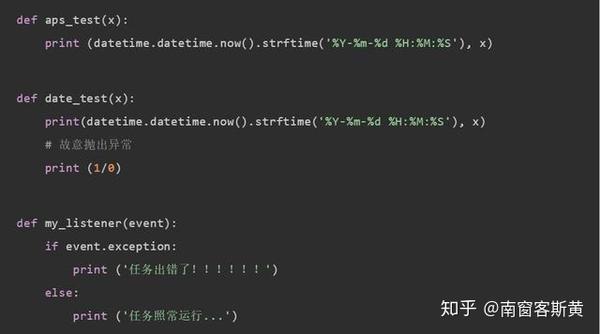
Python定时任务最强框架apscheduler详细教程 知乎
Apscheduler backgroundscheduler interval
Apscheduler backgroundscheduler interval-BackgroundScheduler background scheduler suitable for non blocking situations, the scheduler will run independently in the background Asyncio scheduler asyncio scheduler is suitable for applications using AsnycIO Gevent scheduler gevent scheduler is suitable for applications passing through geventFrom apschedulerschedulersbackground import BackgroundScheduler fromsomething_update import update_something def start () scheduler = BackgroundScheduler scheduler add_job (update_something, 'interval', seconds = 10) scheduler start ()
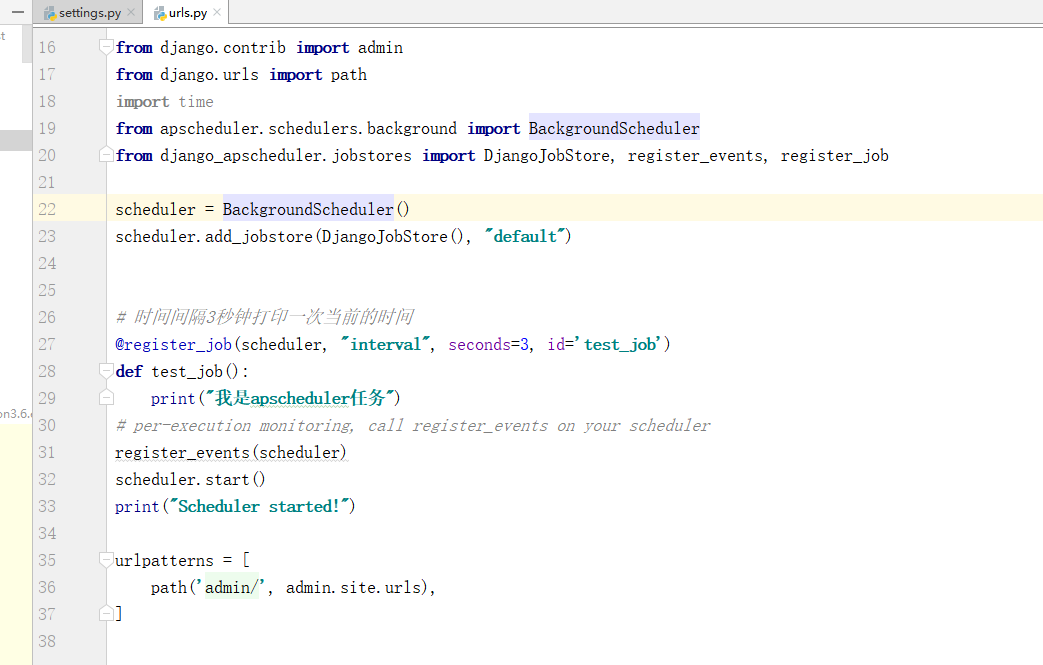


Django Apscheduler Scheduled Task Code World
From apschedulerschedulersbackground import BackgroundScheduler from apschedulertriggersinterval import IntervalTrigger scheduler = BackgroundScheduler() trigger = IntervalTrigger(minutes=5) job = scheduleradd_job(my_job, trigger) schedulerstart() This app is packaged into EXE with pyinstaller Expected BehaviorHere are the examples of the python api apschedulerschedulersbackgroundBackgroundScheduler taken from open source projects By voting up you can indicate which examples are most useful and appropriateYou could try using APScheduler's BackgroundScheduler to integrate interval job into your Flask app Below is the example that uses blueprint and app factory (initpy)
Review the code for example scheduler = BackgroundScheduler() scheduleradd_ Job (tick, 'interval', seconds = 3)BackgroundScheduler is a scheduler provided by APScheduler that runs in the background as a separate thread Below is an example of a background scheduler import time from datetime import datetime from apschedulerschedulersbackground import BackgroundScheduler sched = BackgroundScheduler() def tick() print('Tick!BackgroundScheduler is a scheduler provided by APScheduler that runs in the background as a separate thread Below is an example of a background scheduler import time from datetime import datetime from apschedulerschedulersbackground import BackgroundScheduler sched = BackgroundScheduler() def tick() print('Tick!
I'm attempting to run multiple AP Scheduler jobs in my program (both interval and cron) but when I add multiple interval jobs with different intervals they all execute at the shortest interval For example, I add one job with a frequency of 30 seconds and one with 15 seconds, both will execute every 15 seconds My code is belowAPScheduler库基础学习APScheduler组成组件 Triggers触发器,有自己的任务调度逻辑,每一个job单位都有触发器决定下一次何时运行。除了初始化的配置,他没有状态。 Job stores储存调度任务,默认job对象,是储存在内存中,也可以用其他job对象把他们储存在各种数据库中;job保存到持久化仓库时,job数据要How to use FlaskAPScheduler in your Python 3 Flask application to run multiple tasks in parallel, from a single HTTP request When you build an API endpoint that serves HTTP requests to work on longrunning tasks, consider using a scheduler Instead of holding up a HTTP client until a task is completed, you can return an identifier for the client to query the task status later



Using Cron Scheduling To Automatically Run Background Jobs Blog Fossasia Org
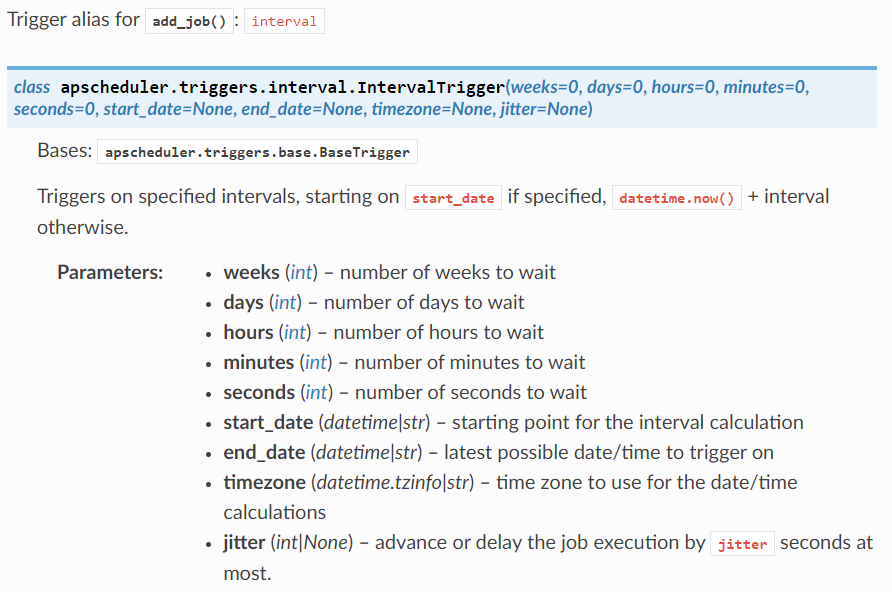


详解高级python调度器apscheduler Daotian Csdn博客
APScheduler库基础学习APScheduler组成组件 Triggers触发器,有自己的任务调度逻辑,每一个job单位都有触发器决定下一次何时运行。除了初始化的配置,他没有状态。 Job stores储存调度任务,默认job对象,是储存在内存中,也可以用其他job对象把他们储存在各种数据库中;job保存到持久化仓库时,job数据要APScheduler has four components 1 Trigger triggers Triggers contain scheduling logicEach job has its own triggers that determine when the next task will runTriggers are completely stateless except for the initial configuration There are three builtin trigger s (1) date triggered at a specific point in time (2) interval fixed intervalAPScheduler 3 example with Python 35 GitHub Gist instantly share code, notes, and snippets



定时任务模块 Apscheduler


Python任务调度模块 Apscheduler 简书
Schedulers 作业调度器 常用的有BackgroundScheduler import time from apschedulerschedulersbackground import BlockingScheduler from apschedulertriggersinterval import IntervalTrigger def my_job() print('my_job, {}'format(timectime())) if __name__ == "__main__" scheduler = BlockingScheduler() # 间隔设置为1秒,还可以SOLVED Scheduling a function to run every hour on Flask Python Language Knowledge BaseThe above code is very simple, first instantiate a scheduler through the BackgroundScheduler method, then call the add_job method, add the tasks that need to be implemented to JobStores, default is to store in memory, more specifically, save to a dict, and finally start the scheduler by start method, APScheduler will trigger the trigger named interval every 3 seconds Let the scheduler schedule the default executor to execute the logic in the tick method


Python Instrument Planirovaniya Zadach Apscheduler Reprint Mp Weixin Qq Com S Swrkl1ly1ntlfsscpw4anw Kod Mira



Simple Machine Learning Pipeline Bringing Together All Essential Parts By Andrej Baranovskij Towards Data Science
APScheduler has three builtin scheduling systems you can use Cronstyle scheduling (with optional start/end times) Intervalbased execution (runs jobs on even intervals, with optional start/end times) Oneoff delayed execution (runs jobs once, on a set date/time)Flaskapscheduler background Frequently Asked Questions, from apschedulerschedulersbackground import BackgroundScheduler def myjob() which may or may not be useful when running APScheduler with Flask When you are building your HTTP server with Python 3 Flask, FlaskAPScheduler gives you the facilities to schedule tasks to be executed in the background#!/usr/bin/python3 """ Demonstrating APScheduler feature for small Flask App with args """ from apschedulerschedulersbackground import BackgroundScheduler from flask import Flask a = 1 b = "22" def sensor(a, b) """ Function for test purposes



Detailed Explanation Of Python Timing Framework Apscheduler Principle And Installation Process Develop Paper


Python 定时任务apscheduler 使用介绍 陈新明博客
How to use FlaskAPScheduler in your Python 3 Flask application to run multiple tasks in parallel, from a single HTTP request When you build an API endpoint that serves HTTP requests to work on longrunning tasks, consider using a scheduler Instead of holding up a HTTP client until a task is completed, you can return an identifier for the client to query the task status laterHowdoischeduleanintervaljobwithapscheduler apschedulerinsideaclassobject I added this right after schedulerstarts() while True timesleep(1) schedulershutdown() UPDATE 2 When I try to setup a BackgroundScheduler in a single Python file (outside of any application context), it works very wellIf you want to coexist them with your application, you can consider using BackgroundScheduler, AsyncIOScheduler, etc Here are some examples in the wild Run it in AWS and replace Cronjob 1 (opens new window) # ObjectOriented Programming Below is the graph of the relations between all major classes in APScheduler codebase 2 (opens new window)
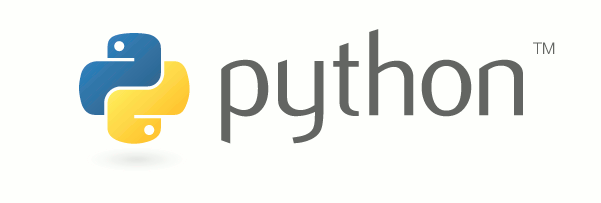


How To Use Flask Apscheduler In Your Python 3 Flask Application To Run Multiple Tasks In Parallel From A Single Http Request Techcoil Blog
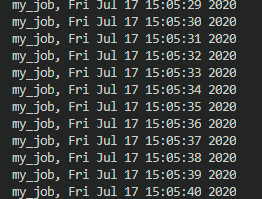


Python实用模块 二十 Apscheduler 迷途小书童迷途小书童
Here we've configured APScheduler to queue background jobs in 2 different ways The first directive will schedule an interval job every 3 minutes, starting at the time the clock process is launched The second will queue a scheduled job once per weekday only at 5pm# 사용방법 # 스케줄 종류에는 여러가지가 있는데 대표적으로 BlockingScheduler, BackgroundScheduler 입니다 # BlockingScheduler 는 단일수행에, BackgroundScheduler은 다수 수행에 사용됩니다Import time import os from apschedulerschedulersbackground import BackgroundScheduler def job() ossystem('python testpy') if __name__ == '__main__' # creating the BackgroundScheduler object scheduler = BackgroundScheduler() # setting the scheduled task scheduleradd_job(job, 'interval', minutes=1) # starting the scheduled task using the



Python任务调度利器 Apscheduler 51cto Com



Apscheduler 사용기
APScheduler offers three basic scheduling systems Cronstyle scheduling (with optional start/end times) Intervalbased execution (runs jobs on even intervals, with optional start/end times) Oneoff delayed execution (runs jobs once, on a set date/time)I am trying to use package apscheduler 310 to run a python job every day at the same time But it seems do not run the job correctly In the following simple case, the trigger "interval" can work, but "cron" won't When run the following code in python 2711, it seems running, but did not print anythingAPScheduler has three builtin scheduling systems you can use Cronstyle scheduling (with optional start/end times) Intervalbased execution (runs jobs on even intervals, with optional start/end times) Oneoff delayed execution (runs jobs once, on a set date/time)



Python定时任务最强框架apscheduler详细教程 知乎



Apscheduler Google Groups
From apscheduler schedulers background import BackgroundScheduler logging basicConfig INTERVAL_FLAG = 2 #Interval in days when the script runs AGE_FLAG = 7670 #Years in days eg 21 years = 7670 days ## Email ## def emailSender (name, emailId, day_difference) content = 'Hello ' name ', Your birthday is after ' str (day_differenceBackgroundScheduler background scheduler suitable for non blocking situations, the scheduler will run independently in the background Asyncio scheduler asyncio scheduler is suitable for applications using AsnycIO reference resources apschedulertriggersdate Interval task intervalPreface Apscheduler is a wellknown timing task framework in Python, which can meet the needs of timing execution or periodic execution of program tasks, similar to crontab on Linux, but more powerful than crontab The framework can not only add and delete timing tasks, but also provide multiple functions of persistent tasks Apscheduler is a
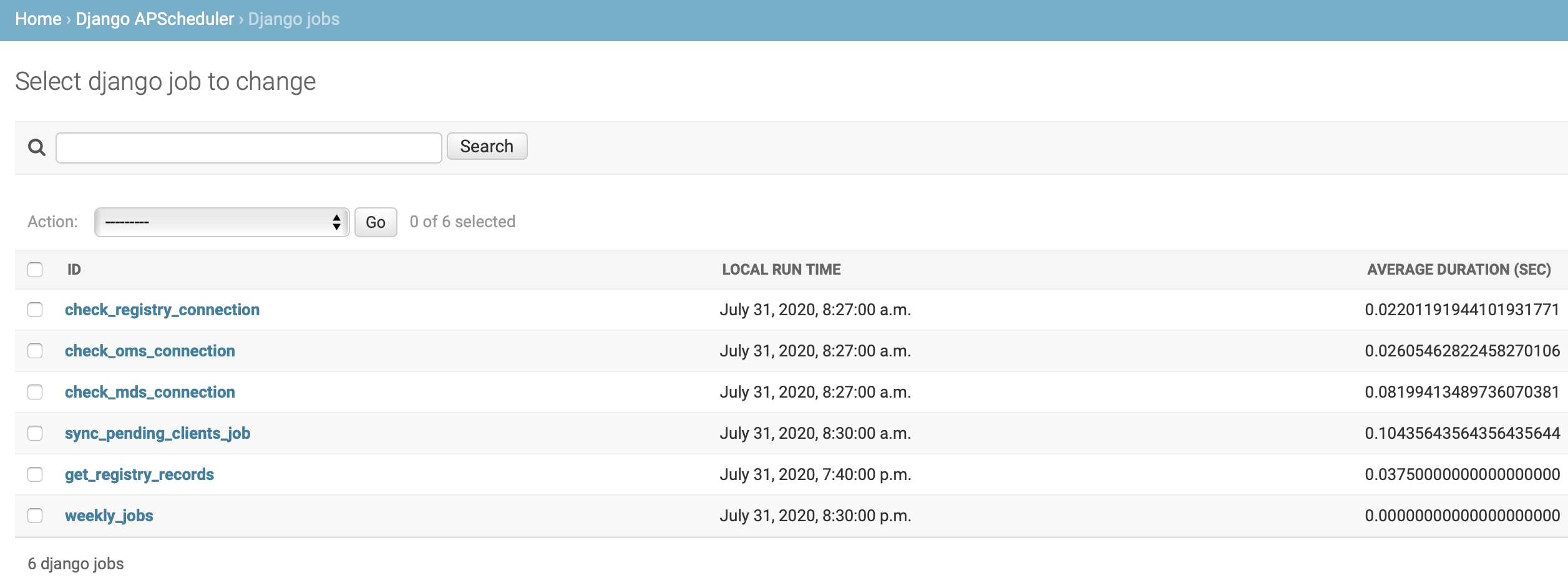


Github Jcass77 Django Apscheduler Apscheduler For Django



Tutorial Datalogger 3 Measure Graph Log Current With The Raspberry Pi Switchdoc Labs Blog
BackgroundScheduler (gconfig = {}, ** options) ¶ Bases apschedulerschedulersblockingBlockingScheduler A scheduler that runs in the background using a separate thread (start() will return immediately) Extra options daemon Set the daemon option in the background thread (defaults to True, see the documentation for further details)Djangoapscheduler is a great choice for quickly and easily adding basic scheduling features to your Django applications with minimal dependencies and very little additional configuration The ideal use case probably involves running a handful of tasks on a fixed execution scheduleIntroduction¶ This method schedules jobs to be run periodically, on selected intervals You can also specify the starting date and ending dates for the schedule through the start_date and end_date parameters, respectively They can be given as a date/datetime object or text (in the ISO 8601 format) If the start date is in the past, the trigger will not fire many times retroactively but



Introduction To Apscheduler In Process Task Scheduler With By Ng Wai Foong Better Programming



如何让添加定时作业任务变得更加优雅 运维人 Devops Linux Kubernetes Docker Flask Python Shell
This code hits the problem pretty reliably (~75% of the time on python2, only ~60% of the time on python3 for some reason) from apschedulerschedulersbackground import BackgroundScheduler import time import logging loggingbasicConfig(I dropped flaskapscheduler and am now using APScheduler directly I am able to replicate the issue I've done some debugging and have found a deadlock caused in relation to _jobstores_lock After starting APScheduler a thread is spun off which executes _process_jobs, this sets the _jobstores_lock hereYou can start the scheduler in Flask's before_first_request() decorator, which "registers a function to be run before the first request to this instance of the application" import time import atexit from apschedulerschedulersbackground import BackgroundScheduler from apschedulertriggersinterval import IntervalTrigger @appbefore_first_request def initialize() scheduler



Trigger Cron Do Not Working In Apscheduler 3 While Interval Works Fine



Python Timing Task Scheduling Apscheduler Module Programmer Sought
The trigger determines the logic by which the dates/times are calculated when the job will be run APScheduler comes with three builtin trigger types date use when you want to run the job just once at a certain point of time interval use when you want to run the job at fixed intervals of timeINFOapschedulerschedulerScheduler started DEBUGapschedulerschedulerLooking for jobs to run DEBUGapschedulerschedulerNo jobs;Scheduler = BackgroundScheduler() scheduleradd_ Job (tick, 'interval', seconds = 3) ා add a task and run it in 3 seconds schedulerstart() In simple terms, instantiate BackgroundScheduler, and then call add_ The job method adds the task, and finally calls the start method to start



Apscheduler Lobby Gitter



Modulenotfounderror No Module Named Apscheduler Get Help Octoprint Community Forum
APScheduler库基础学习APScheduler组成组件 Triggers触发器,有自己的任务调度逻辑,每一个job单位都有触发器决定下一次何时运行。除了初始化的配置,他没有状态。 Job stores储存调度任务,默认job对象,是储存在内存中,也可以用其他job对象把他们储存在各种数据库中;job保存到持久化仓库时,job数据要APScheduler offers three basic scheduling systems Cronstyle scheduling (with optional start/end times) Intervalbased execution (runs jobs on even intervals, with optional start/end times)APScheduler 支持三种调度任务:固定时间间隔,固 import datetime import time from apschedulerschedulersbackground import BackgroundScheduler def timedTask () # 添加调度任务 # 调度方法为 timedTask,触发器选择 interval(间隔性),间隔时长为 2 秒 scheduleradd_job



The One Where We Build A Web Scrapper And A Slackbot Part 2 Dev Community



Django Apscheduler Scheduled Task Code World
File "build\bdistwinamd64\egg\apscheduler\executors\base_py3py", line 12 async def run_coroutine_job(job, jobstore_alias, run_times, logger_name) ^ SyntaxError invalid syntax creating c\users\delphi\anaconda2\lib\sitepackages\apscheduler331py27egg Extracting apscheduler331py27egg to c\users\delphi\anaconda2\lib\sitepackagesApschedulerschedulersbackground, BackgroundScheduler runs in a thread inside your existing application Calling start () will start the scheduler and it will continue running after the call returns The BackgroundScheduler will make its best effort to avoid scheduling a new scavenge request when it is safe to assume that it's not necessary



Python任务调度模块apscheduler的用法 开发技术 亿速云



Detailed Explanation Of Python Timing Framework Apscheduler Principle And Installation Process Develop Paper



Python Scheduler 사용하기 Apscheduler
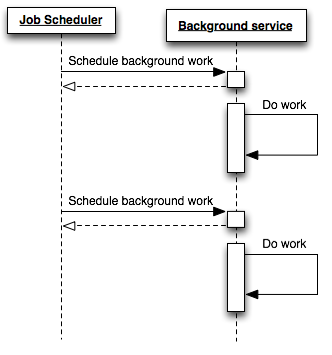


Scheduled Jobs And Custom Clock Processes Heroku Dev Center


Apscheduler 笔记 Finger S Blog
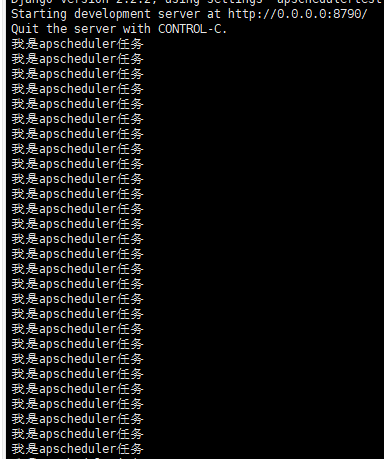


Django Apscheduler Scheduled Task Code World



Apscheduler Documentation Pdf Free Download



Use Of Apscheduler In Python Timing Framework


Python 파이썬 스케줄 수행 Schedule Apscheduler 네이버 블로그



Detailed Explanation Of Python Timing Framework Apscheduler Principle And Installation Process Develop Paper



Python Timing Task Framework Apscheduler Source Code Analysis 1 Programmer Sought



Detailed Explanation Of Python Timing Framework Apscheduler Principle And Installation Process Develop Paper
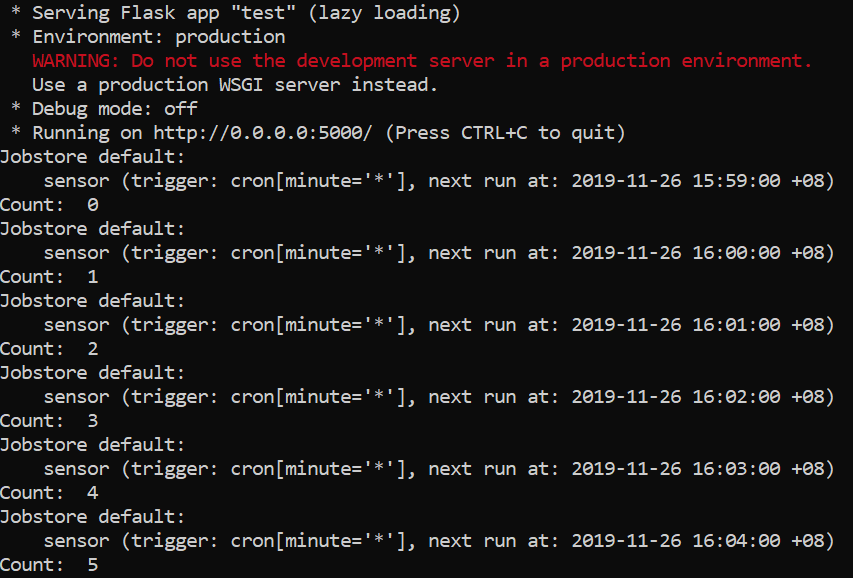


Introduction To Apscheduler In Process Task Scheduler With By Ng Wai Foong Better Programming


Python 定时任务apscheduler 凌的博客
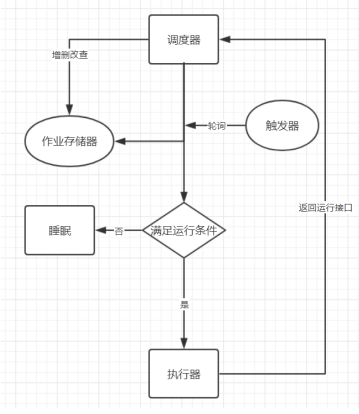


Python轻量级定时任务调度框架 Apscheduler 睿江云
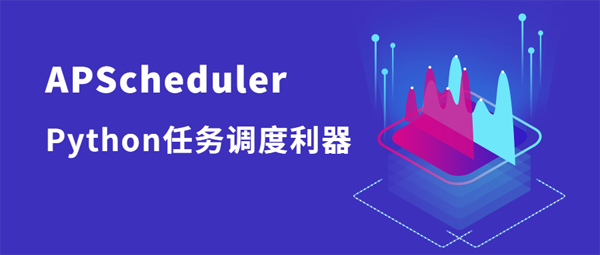


Python任务调度利器 Apscheduler 51cto Com



Python Learning Tutorial The Principle And Usage Of The Timing Library Apscheduler Programmer Sought



How To Get A Cron Like Scheduler In Python Finxter
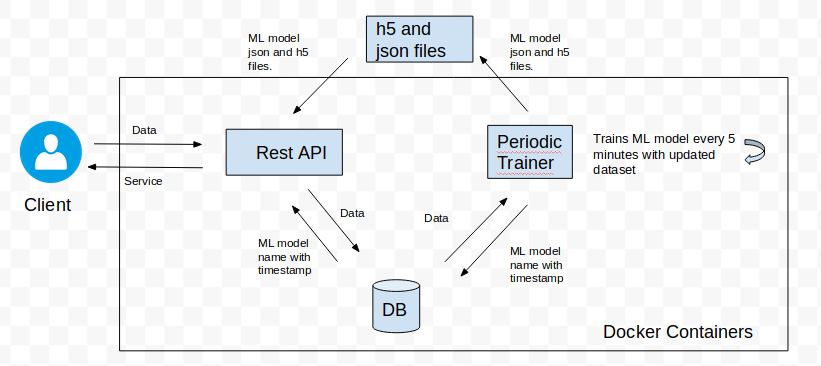


Deploying Keras Model In Production With Periodic Training By Omert Patron Labs Medium



如何让添加定时作业任务变得更加优雅 运维人 Devops Linux Kubernetes Docker Flask Python Shell


Apschedular Not Running For Long Interval Issue 253 Agronholm Apscheduler Github



Simple Machine Learning Pipeline Bringing Together All Essential Parts By Andrej Baranovskij Towards Data Science



Running Python Background Jobs With Heroku Big Ish Data



Python Timing Task Scheduling Apscheduler Module Programmer Sought


Python 定时任务apscheduler 凌的博客



Github Jcass77 Django Apscheduler Apscheduler For Django



Introduction To Apscheduler In Process Task Scheduler With By Ng Wai Foong Better Programming



Python 定时任务框架 Apscheduler 源码剖析 一 知乎



Apscheduler Documentation Pdf Free Download



Django 详解django Apscheduler的使用方法 Osc 2n28znx0的个人空间 Oschina 中文开源技术交流社区



Python Tips Apscheduler Hive



The Architecture Of Apscheduler Enqueue Zero


Python任务管理框架apscheduler 执行多次解决 唐山聚讯网



Python任務調度模塊apscheduler實現定時任務 每日頭條



Python定时框架apscheduler 详解 转



Detailed Explanation Of Python Timing Framework Apscheduler Principle And Installation Process Develop Paper



Take 10 Minutes To Thoroughly Learn The Python Timed Task Framework Apscheduler Programmer Sought
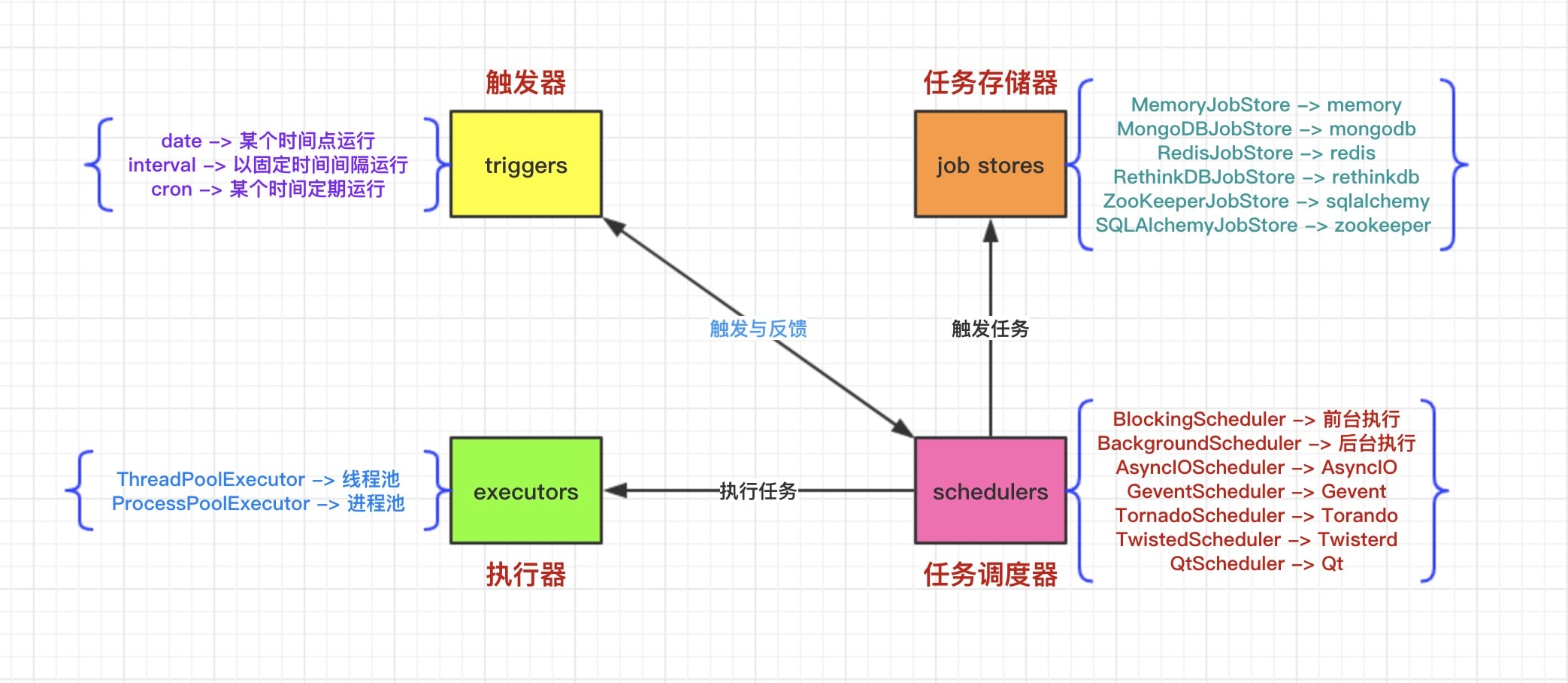


Apscheduler定时任务工具 Escape



Python Regular Tasks Apscheduler Programmer Sought



Python Timing Task Scheduling Apscheduler Module Programmer Sought



Python Timing Task Scheduling Apscheduler Module Programmer Sought



Django Apscheduler
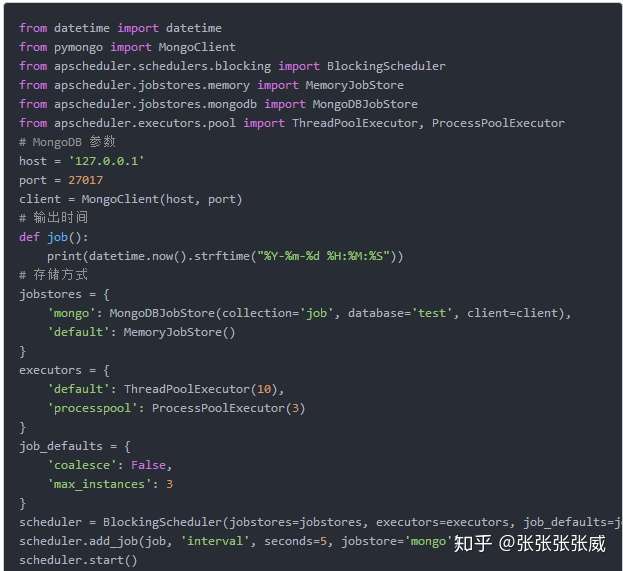


Apscheduler定时框架 知乎
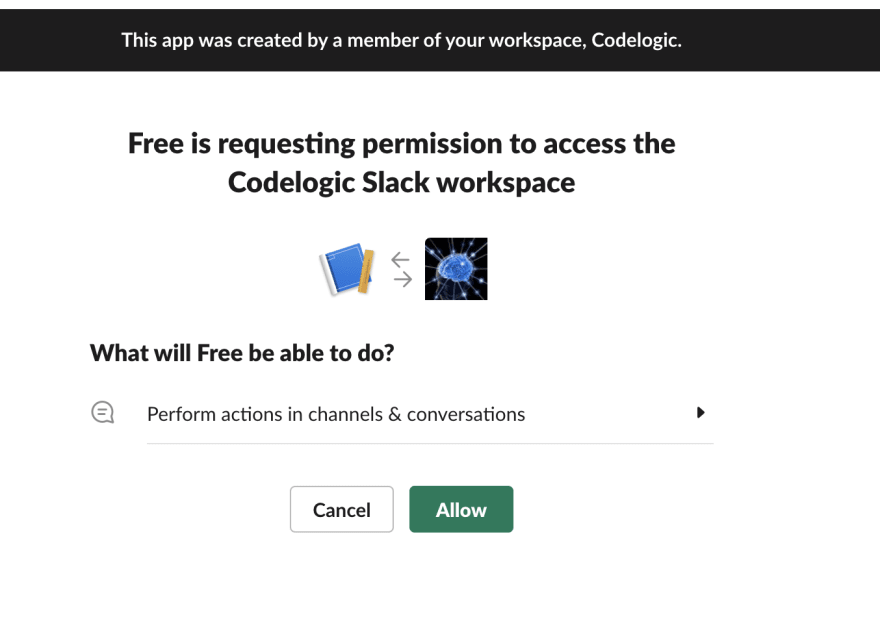


The One Where We Build A Web Scrapper And A Slackbot Part 2 Dev Community



Valueerror The Following Arguments Have Not Been Supplied Name Issue 251 Agronholm Apscheduler Github



Detailed Explanation Of Python Timing Framework Apscheduler Principle And Installation Process Develop Paper



Detailed Explanation Of Python Timing Framework Apscheduler Principle And Installation Process Develop Paper
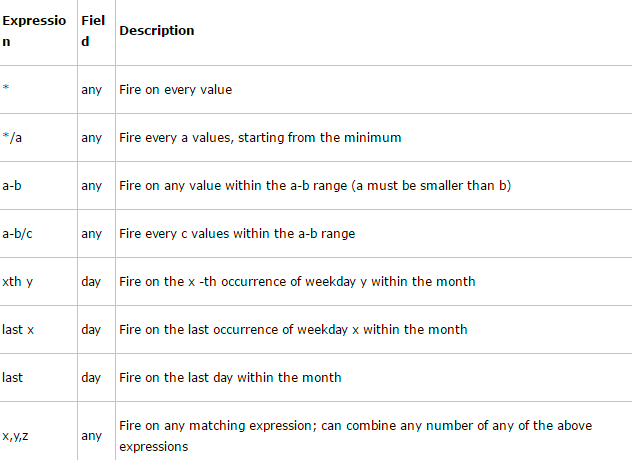


Python Uses Apscheduler For Timed Tasks



Python Learning Tutorial The Principle And Usage Of The Timing Library Apscheduler Programmer Sought



Python定时任务最强框架apscheduler详细教程 知乎



Python轻量级定时任务调度框架 Apscheduler 睿江云



Python Datetime Object To Unix Timestamp Gallery



Python Programming Apscheduler Youtube



Python Timing Task Scheduling Apscheduler Module Programmer Sought



Python实用模块 二十 Apscheduler 迷途小书童迷途小书童



Detailed Explanation Of Python Timing Framework Apscheduler Principle And Installation Process Develop Paper
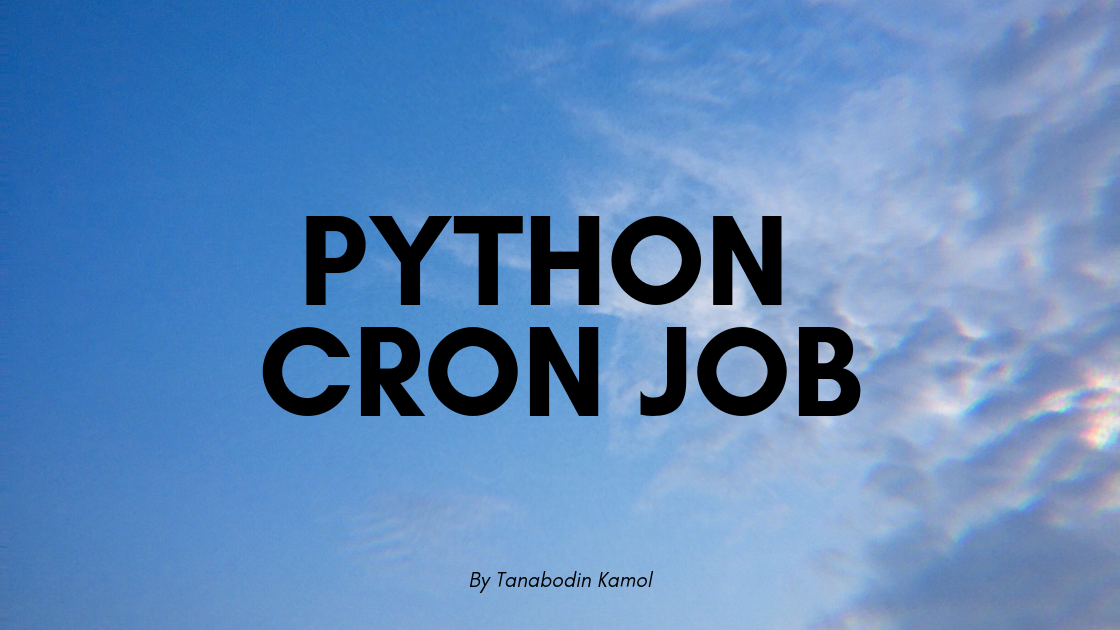


ทำ Python Schedule Job ด วย Apscheduler By Tanabodin Kamol Icreativesystems Medium



Scheduling Tasks Using Apscheduler In Django Dev Community
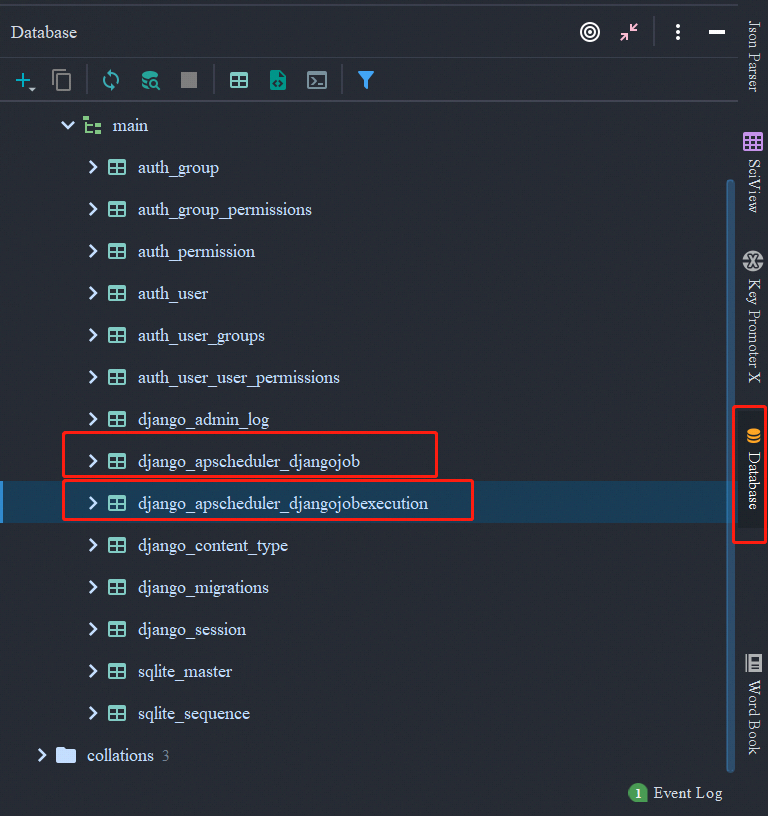


Django 详解django Apscheduler的使用方法 正在加载中 博客园



Django Apscheduler



Detailed Explanation Of Python Timing Framework Apscheduler Principle And Installation Process Develop Paper



Why Apscheduler Does Not Work For My Flask Application Hosted On Azure Taking Into Account That When It Runs On My Localhost Everything Runs Smoothly Azure



Enqueue Zero Apscheduler T Co B2vq8m5lzd Apscheduler Is A Job Scheduling Framework That Executes Code Either One Off Or Periodically People Often Integrate It Into An Existing Python Application For Running Interval Jobs



Fastapi 定时任务apscheduler 乐享极致的博客 Csdn博客



How To Implement Server Sent Events Using Python Flask And React


Daylight Saving On Interval Trigger Issue 372 Agronholm Apscheduler Github
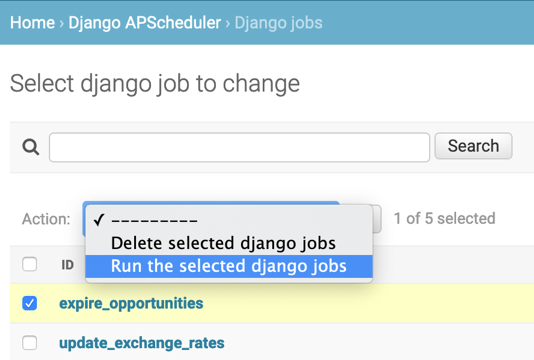


Github Jcass77 Django Apscheduler Apscheduler For Django



How To Add Cron Job In Python Dev Community



Valueerror The Following Arguments Have Not Been Supplied Name Issue 251 Agronholm Apscheduler Github



Detailed Explanation Of Python Timing Framework Apscheduler Principle And Installation Process Develop Paper


Apscheduler 4 0 Progress Tracking Issue 465 Agronholm Apscheduler Github



Apscheduler 사용기



Apscheduler Once A Day


Demonstrating Apscheduler Feature For Small Flask App Github



Apscheduler Documentation Pdf Free Download


